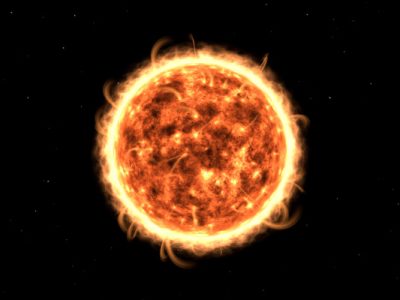Delving into the cosmic unknown, black holes stand as enigmatic entities in the vastness of the universe. Traditionally, these celestial structures have been deemed as cosmic vacuums, devouring everything that comes their way, even light itself. Once something succumbs to the gravitational pull of a black hole, it vanishes without a trace— a one-way journey into the cosmic abyss.
But what if the story doesn’t end there? A group of scientists introduces a captivating hypothesis – the existence of White Holes.
Unlike their infamous counterparts, white holes are yet to be proven, residing in the realm of theoretical physics.
According to this intriguing concept, black holes may undergo a transformative process, evolving into white holes, expelling everything previously consumed.
The idea of white holes emerges from the intricate equations of Einstein’s General Theory of Relativity, offering a glimpse into a cosmic duality that challenges our understanding of the universe.
Leading the exploration into this theoretical frontier is Italian physicist Carlo Rovelli, a renowned scientist with a knack for unraveling complex concepts for the general audience.
Rovelli’s latest literary venture, aptly titled ‘White Holes,’ serves as a gateway for the curious minds eager to fathom the mysteries of these hypothetical cosmic counterparts.
Through engaging prose, the book takes readers on a visual journey, providing insights into the intricate interiors of black holes and the fate awaiting objects that plunge into their depths.
While the existence of white holes remains speculative, scientists like Rovelli are dedicated to pushing the boundaries of our cosmic knowledge.
Theoretical physics, often perceived as esoteric, finds a bridge to accessibility in Rovelli’s works, making the complexities of the universe comprehensible for the layperson.
As we move the cosmos through the lens of theoretical physics, the concept of white holes adds a layer of intrigue to our understanding of black holes and the cosmic ballet that unfolds in the depths of space. In this cosmic exploration, Rovelli’s ‘White Holes’ emerges as a guiding light, illuminating the theoretical realms where science and imagination intertwine.
Learn More About:
















